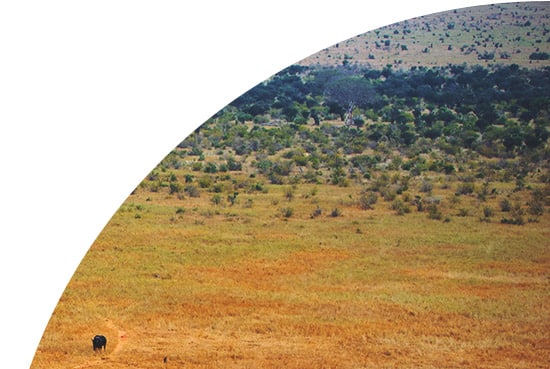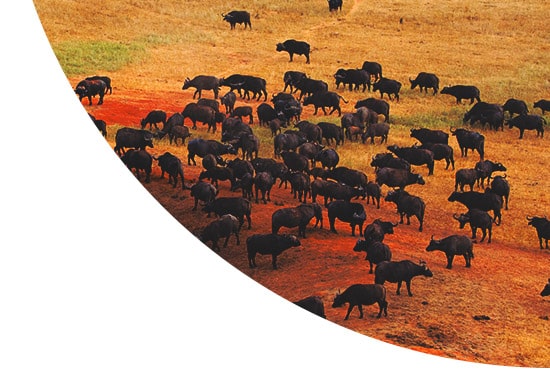Rift Valley fever (RVF) is an acute, fever-causing viral disease that usually affects domesticated animals (such as cattle and sheep), but can also infect and cause illness in humans. The majority of human infections are caused by direct or indirect contact with the blood or organs of infected animals.


Travel Vaccinations for Libya
Recommended Vaccines for Libya
The level of protection needed depends on your medical history and travel itinerary. Book now to get a personalised recommendation from our specialist travel nurses. The consultation costs £20 plus any vaccines you decide to take.
Flexible appointments with no upfront payment
Book Now
Destination Information for Libya
Travel to Libya, in North Africa, is currently not advised due to civil and political unrest. This is a great shame, as the country has much to offer, and traditional Libyan hospitality is legendary – visitors in the past have been shown a warm welcome by locals. When the situation is more stable and the country’s tourism industry is more established, Libya looks set to become a great destination for anyone interested in African history, or for sun-seekers looking for a beautiful coastal spot to stay.
Libya is home to seven UNESCO World Heritage Sites, highlighting the country’s varied history, as well as the present situation. It has previously been governed by Greek, Roman and Italian rule. This would make a fabulous base from which to explore the vast Sahara Desert, a land of sand dunes and palm-fringed oases. The capital, Tripoli, on the coast and close to the border with Tunisia, is within easy reach of beaches and is the best place to discover the traditional history and craftsmanship of the country.
Infections and Outbreaks frequently change from country to country and by attending our clinics you will be given the most up to date clinical and safety advice from our team of specialists. Our advice to you often includes aspects such as:
Non Vaccinated Diseases
Additional Health Risks Information for Libya
The Foreign and Commonwealth Office currently advises against all travel to Libya. Any British nationals in the country should make arrangements to leave immediately. The security situation in the country is extremely fragile, fighting and violence is commonplace and the risk of terrorist attacks is extreme. Although the authorities in Libya are working to restore stability, this is not yet a reality. If you choose to travel to Libya against official advice, you should take all available security precautions, and ensure that you have comprehensive travel insurance in place.
A Yellow fever vaccination certificate is required for travellers aged over 9 months arriving from countries with risk of yellow fever transmission and for travellers having transited more than 12 hours through the airport of a country with risk of yellow fever transmission. Malaria is not normally present.
If you’re in Libya and require medical help, you are most likely to be able to receive treatment in Tripoli, where there are private healthcare clinics. Otherwise you may be evacuated to mainland Europe. Medical facilities and treatment in rural areas of Libya is not available, and even air ambulances organised by your travel insurance or another international provider may not be authorised to make a rescue.



